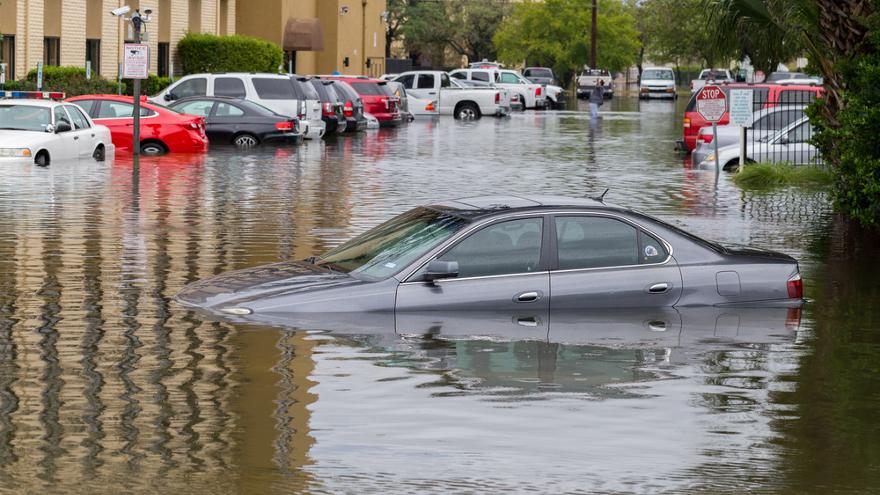Temporary impact from hurricane damage expected on auto ABS

Photo editorial credit: michelmond / Shutterstock.com
By subscribing, you agree to receive communications from Auto Remarketing and our partners in accordance with our Privacy Policy. We may share your information with select partners and sponsors who may contact you about their products and services. You may unsubscribe at any time.
NEW YORK –
S&P Global Ratings certainly didn’t dismiss the Cox Automotive estimates that Hurricane Harvey may have destroyed 300,000 to 500,000 vehicles, while Hurricane Irma ruined up to 400,000 units.
But analysts suspect any severe impacts on the collateral for auto loan asset-backed securities transactions (ABS) the firm rates will be temporary.
“Although it is still too early to assess the full impact these hurricanes will have on auto loan ABS performance, S&P Global Ratings expects higher delinquency rates and defaults on a temporary basis, mainly for transactions with greater exposure to the affected areas and lower-credit-quality obligors (especially smaller subprime issuers regionally concentrated in the South),” analysts said in a report distributed this week.
While Texas and Florida are usually important state concentrations in auto loan ABS transactions, S&P Global Ratings pointed out that most pools are well-diversified geographically. Of all S&P Global Ratings-rated prime and subprime transactions, the weighted average auto loan ABS exposure to Texas and Florida combined (at closing) was 23 percent.
“But since Texas and Florida are large states only a limited portion of the exposure is likely within the affected areas,” analysts said.
In addition, S&P Global Ratings added that higher ratings on seasoned prime and subprime transactions that have moderate exposures to the affected states are unlikely to experience negative rating actions given their strong structures.
Subscribe to Auto Remarketing to stay informed and stay ahead.
By subscribing, you agree to receive communications from Auto Remarketing and our partners in accordance with our Privacy Policy. We may share your information with select partners and sponsors who may contact you about their products and services. You may unsubscribe at any time.
“For subprime transactions our stressed loss assumptions often contemplate default frequencies above 70 percent, which would address exogenous shocks such as hurricane-related losses,” analysts said.
“These factors, plus insurance coverage and adjustments servicers have made in the wake of the storms, should help mitigate higher losses,” they added.
In a separate report sent to SubPrime Auto Finance News, S&P Global Ratings also touched on the types of insurance collateral contained in these pools typically have.
In the prime space, the report mentioned that insurance is in place on contracts at origination, which typically covers flood damage.
Within subprime, however, S&P Global Ratings acknowledged that insurance is typically in place at origination but might not be in place for long.
“Subprime borrowers often cancel or allow their insurance to lapse over the course of their loan, and, as a result, it is our view that a higher percentage of subprime loans are uninsured than prime loans,” analysts said.


